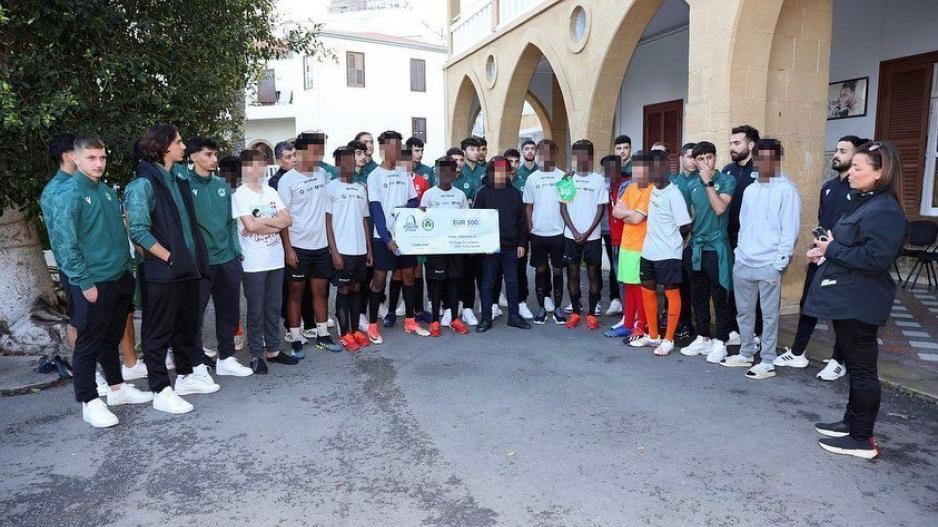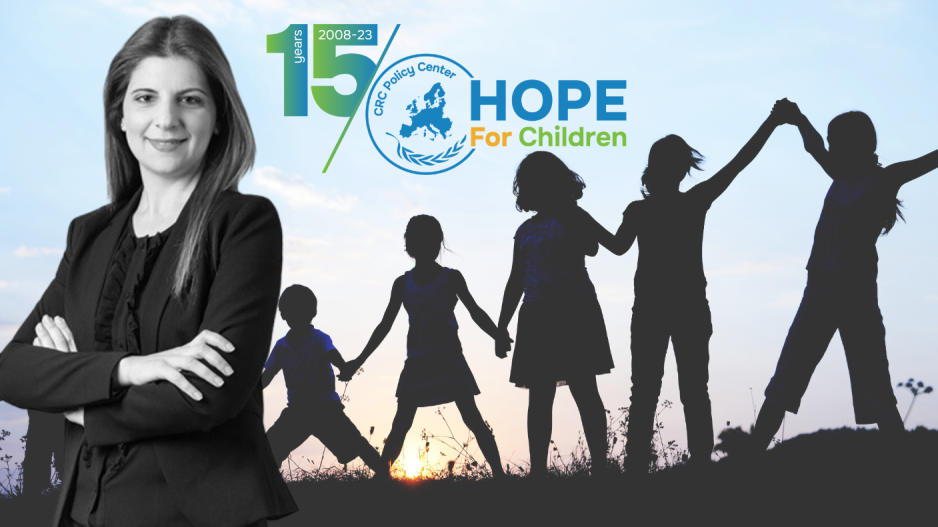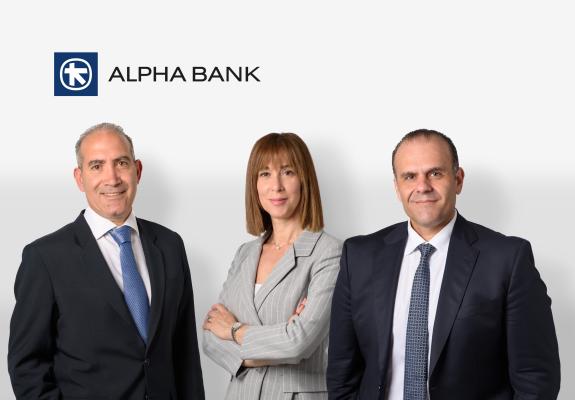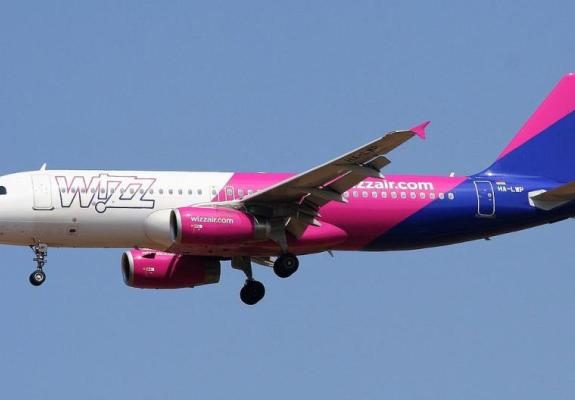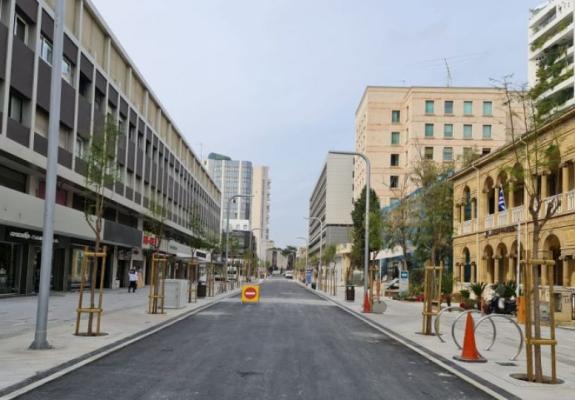Safeguarding Children's Rights: Hope for Children's Role in Cyprus
An Interview With the Executive Director, Andria Neocleous
The "Hope For Children" CRC Policy Center is an international humanitarian institution based in Nicosia. Aligned with the UN Convention on the Rights of the Child and European Union Law, the Center focuses on defending and promoting children's rights through research, grassroots programs, advisory services, and advocacy. With over 110 professionals, the organization operates in Cyprus, Hungary, and the USA, with representation in several countries. Its work involves collaborating with advocacy institutions to reform child welfare systems, bringing together experts from various fields, while its vision is to protect and promote children's rights and facilitate youth participation in society.
In an exclusive interview with FFWD, Andria Neocleous, Executive Director of Hope For Children, shares insights into the organization's vision and programs, as well as the biggest threats and challenges children face today. The interview explores the implementation of sex education in Cyprus schools and the extreme reactions from a portion of Cypriot society. Moreover, Andria discusses the importance of educating children about their rights and raising awareness about child abuse at local, European, and international levels. The conversation also touches on the necessity of providing free mental health services to children and families, expanding accommodation structures for unaccompanied children, and implementing non-formal education programs.
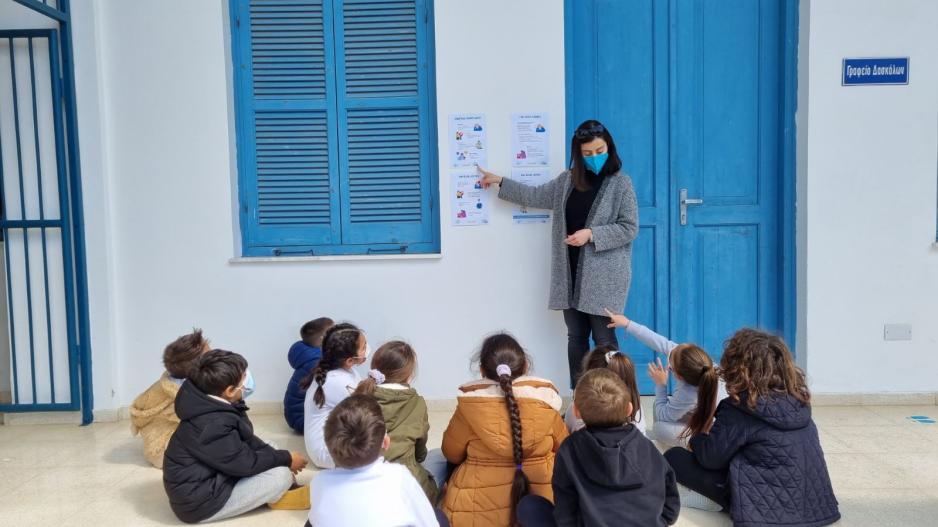
“Hope For Children” CRC Policy Center is the largest non-profit organization in Cyprus in the field of child protection, employing approximately 110 professionals, including social workers, youth workers, psychologists, lawyers, educators, trainers, administrative staff etc. We are dedicated to implementing multifaceted humanitarian programs aimed at promoting children's rights, prioritizing their well-being, education, and the prevention of violence against them. Our programs have a profound positive impact on the lives of the children who benefit from HFC's services, as well as their family members. One of our flagship programs is the "Children's House," a child-friendly, multidisciplinary, and interagency model specifically designed to support sexually abused children. This initiative brings together various services under one roof, including social support and rehabilitation, forensic interviews, multidisciplinary and multi-thematic cooperation, medical examinations, family therapy, psychological evaluation, and psychological support and therapy services. The Children's House operates with the involvement of the Social Welfare Services, Cyprus Police, Ministry of Health, and Ministry of Education. HFC manages the program, while its funding and supervision are provided by the Social Welfare Services of the Deputy Ministry of Social Welfare. Hope For Children also successfully operates other essential humanitarian programs in Cyprus, such as the Children's Shelters known as "Homes for Hope" and the semi-independent living residencies. These shelters and residencies provide a safe haven for unaccompanied children accommodating at the moment approximately 100 children in total. Additionally, HFC runs the Foster Families Program, the Counseling Center for Children, child helpline services, educational activities and many other programs aimed at improving the lives of children in need throughout Cyprus.
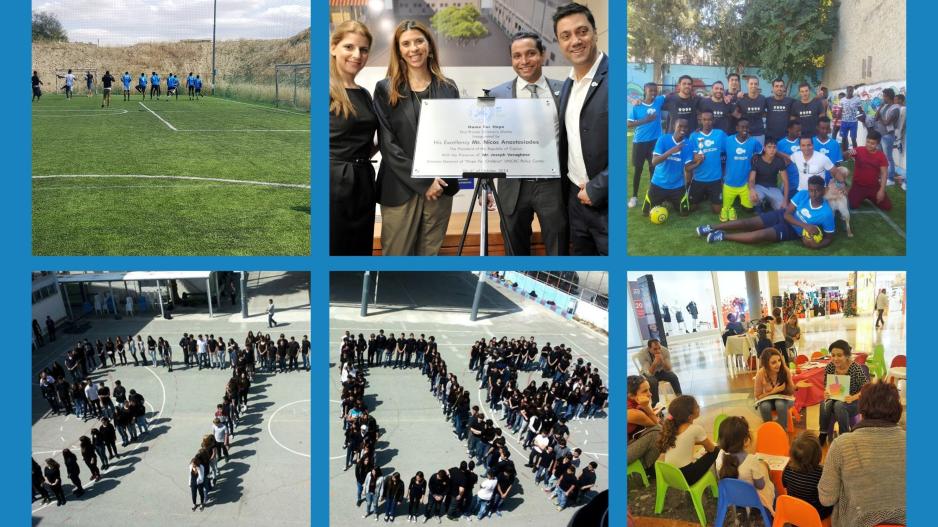
Based on our extensive experience and the implementation of our humanitarian and research programs, we have observed a troubling pattern concerning the occurrence of child abuse. Cyprus, like other EU member states, is witnessing a significant increase in reported cases of child abuse and neglect in all its forms. Specifically regarding sexual abuse, the reality is alarming: one in five children in Europe falls victim to some form of sexual abuse. It is important to note that the statistics represent only those children who have found the courage to break their silence and seek help, while countless others suffer in silence. Children also face increased risks through the extensive use of the internet which include online grooming and sexual abuse, cyberbullying, online sexual abuse material etc that may harm them both mentally and physically.
The increase of the occurrence of bullying and violence in schools is another threat towards children that needs to be addressed in a systemic and coordinated way. This is a problem that is highly connected to various forms of discrimination and inequality, including racial, ethnic, gender, and socioeconomic disparities.
From the inception of our HFC programs, we have actively addressed tangible problems, social issues, and crises by implementing best practices. Our collaboration with state authorities and mechanisms has yielded progress in the way such problems are addressed, however, much more work needs to be done.
Our approach of psychological interventions is child-centered, taking into account the best interest of the child
Our services are addressed to any child residing in Cyprus, regardless of personal characteristics and background, and are provided free of charge. Our approach of psychological interventions is child-centered, taking into account the best interest of the child, as well as the social and legal aspects of the presented difficulties. We apply a holistic approach and interdisciplinary case management, working alongside social workers and legal professionals employed by the organization according to the needs.
Our services are provided among others, to children who experience difficult life events, family difficulties, or adaptation challenges (e.g., parental divorce, running away from home, school bullying, domestic violence, death of a loved one, behavioral problems, etc.). Similar services are provided to parents so that support for children is achieved through a systemic approach, while also strengthening their parental skills. The services include individual therapy for children, family counseling, and psycho-education, and the duration is determined on a case-by-case basis, based on an individualized therapeutic plan.
In addition, we provide 24-hour support and counseling through the Hope For Children Helpline 1466, and depending on the need, the calls are referred to the organization's team of psychologists, lawyers, and social workers.
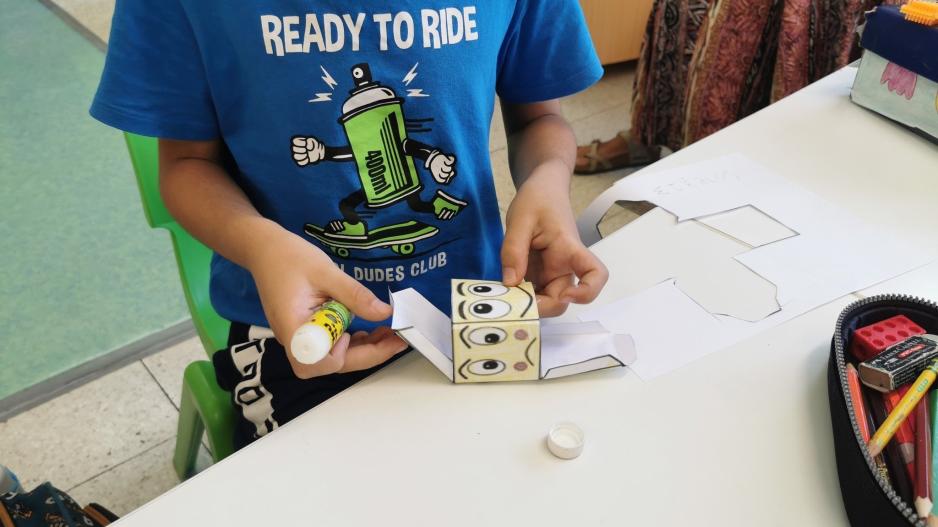
Undoubtedly, educating children about their rights and providing them with information on where to seek support has a profound positive impact. Empowering children with this knowledge is a powerful tool in addressing violence against them. Additionally, raising awareness about child abuse and its consequences, not only in the local community but also at the European and international levels, is crucial. It is evident that Cyprus state should allocate more resources towards prevention and awareness initiatives. By investing in such programs, we can work towards mitigating the occurrence of child abuse and its lasting effects.
Moreover, when it comes to responding to and handling of child abuse cases, there is a pressing need to strengthen the multi-disciplinary and multi-agency cooperation focusing on providing child friendly services to the children affected by any form of violence. The current processes highlight a difference when it comes to the handling of child sexual abuse cases that are referred to the Children’s House comparing to the cases of all the other types of abuse against children. The ministerial decision regarding the expansion of the infrastructure of CH is a very positive development regarding this issue.
The extreme reactions we are currently experiencing against sex education are definitely connected with the misinformation that is spread around the topic
Based on our experience and the programs implemented by our organization's professionals in schools of all levels, all over Cyprus, the implementation of sexual education appears to be increasingly imperative. All students in Cyprus should receive this education until the age of 18 through a curriculum that constantly evolves and undergoes continuous reassessment, with the ultimate goal of promoting sexual health and preventing any kind of sexual abuse and exploitation against children. Our educational systems should invest in psycho-education of young people, utilizing it as a fundamental prevention tool.
The extreme reactions we are currently experiencing against sex education are definitely connected with the misinformation that is spread around the topic. And this is the reason why we encourage parents to seek for valid information from official sources or by calling our helpline 1466.
The data recorded at the Children’s House (CH), also demonstrate the urgent need for preventive measures to be applied in schools. Specifically, it is observed that a child often discloses abuse within the school context. In 2022, 19.8% of cases involving children referred to CH have reported sexual abuse to a teacher, professor, or school counselor. In the current year (2023) so far, it appears that the percentage has nearly doubled as statistical data indicates that this particular indicator concerns 35.6% of cases involving children reported by the aforementioned professionals within the school environment. Additionally, approximately 20% of the reported cases investigated for sexual abuse involved behaviors between minors. Specifically: 10.3% involved abuse between children under the age of 14, 6.1% involved abuse between adolescents (14-17 years old), 3% involved abuse between a child under the age of 14 and a teenager over the age of 14.
Our goals are defined based on the needs we identify through our work in the field, as well as our research initiatives and participation in advocacy meetings on a national and European level, including the Council of Europe.
In the coming years, we are planning to focus more on the provision of free mental health services to children and families, targeting to reach children from rural and suburban areas that have less access to services which are mainly gathered in the cities. Expanding our accommodation structures for unaccompanied children, is also in our plans and something that we are already working on. The further implementation of non-formal education programs is high on our priorities, and this is why we are announcing in September new programs in schools that have also been approved by the Ministry of Education.
Lastly, expanding our global reach is another goal we are working towards achieving, especially through Hope For Children USA that we have recently established. We remain committed to working tirelessly in pursuit of our goals benefiting as many children as possible.
